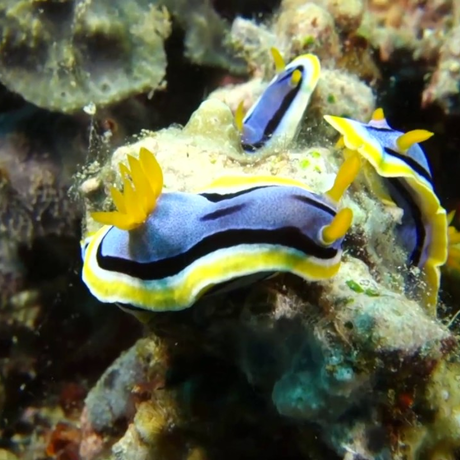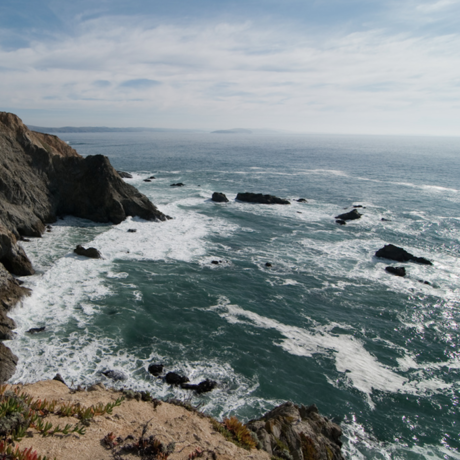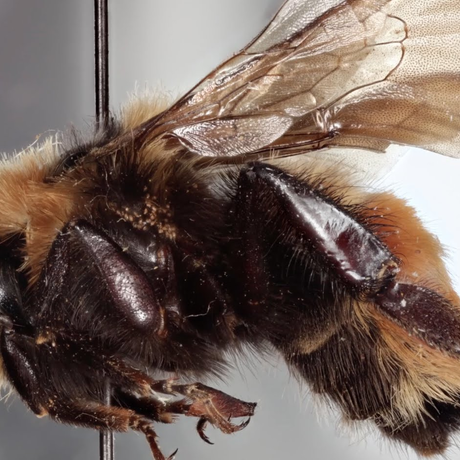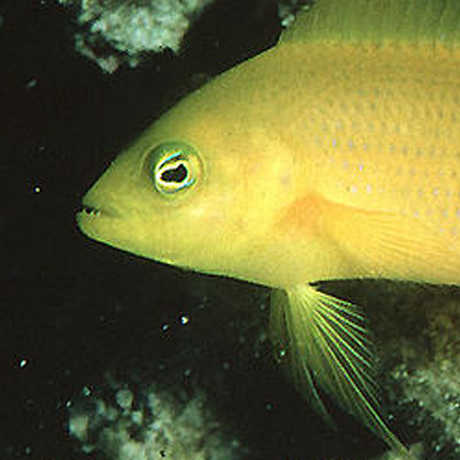Featured Articles
Today's post is Science Today's last. Thanks for joining us these past eight years!
Ecologically- and economically-rich coral reefs occur in very specific places on our planet.
New species finds include a succulent plant, worms and crustaceans near a hydrothermal vent and desert bees.
How can we effectively communicate the urgency around plastic pollution in the ocean to effect change?
How does a lightweight bird make a thousand-mile plus migration over the open ocean?
Marine fossils may offer clues to future changes in the oceans.
Great news for April 1st: climate change could bring this ectothermic species out of long hibernation.
What do marine bacteria do with carbon they absorb in the oceans?
By taking high resolution images of our collections, the Academy is making our specimens available to the world.
Scientists are studying hummingbirds to learn the secrets to steady flight.
The dottyback, a small reef fish, can use mimicry to fool multiple species of prey.
Scientists have discovered the power behind velvet worms slime squirting.
Ant experiment shows how environmental factors can affect genes.
When it comes to male beetles and their insecurities, size does matter.













